This is the figure announced by the Deputy Governor at the press conference to deploy banking tasks in 2024 held on the morning of January 3.
The Deputy Governor informed that last year, credit growth was 13.5% - lower than the expectation of 14% set at the beginning of the year, due to economic difficulties so credit demand certainly decreased, but "13.5% is also a very positive number".
"This is the result of the Prime Minister's strong direction, as well as the determination of the banking industry throughout the past year, especially at the end of the year," said Deputy Governor Dao Minh Tu, adding that if by December 28, 2023 credit increases by about 13%, then by December 31, 2023 credit will increase by at least 13.5%.
According to the Deputy Governor, last year, the State Bank of Vietnam operated monetary policy flexibly, contributing to macroeconomic stability. Inflation was stable, foreign exchange reserves increased, contributing to economic growth of 5.5% in the context of unprecedented economic difficulties.
The value of VND continues to be maintained, only losing about 2%, while many large countries' currencies lost more than 10%.
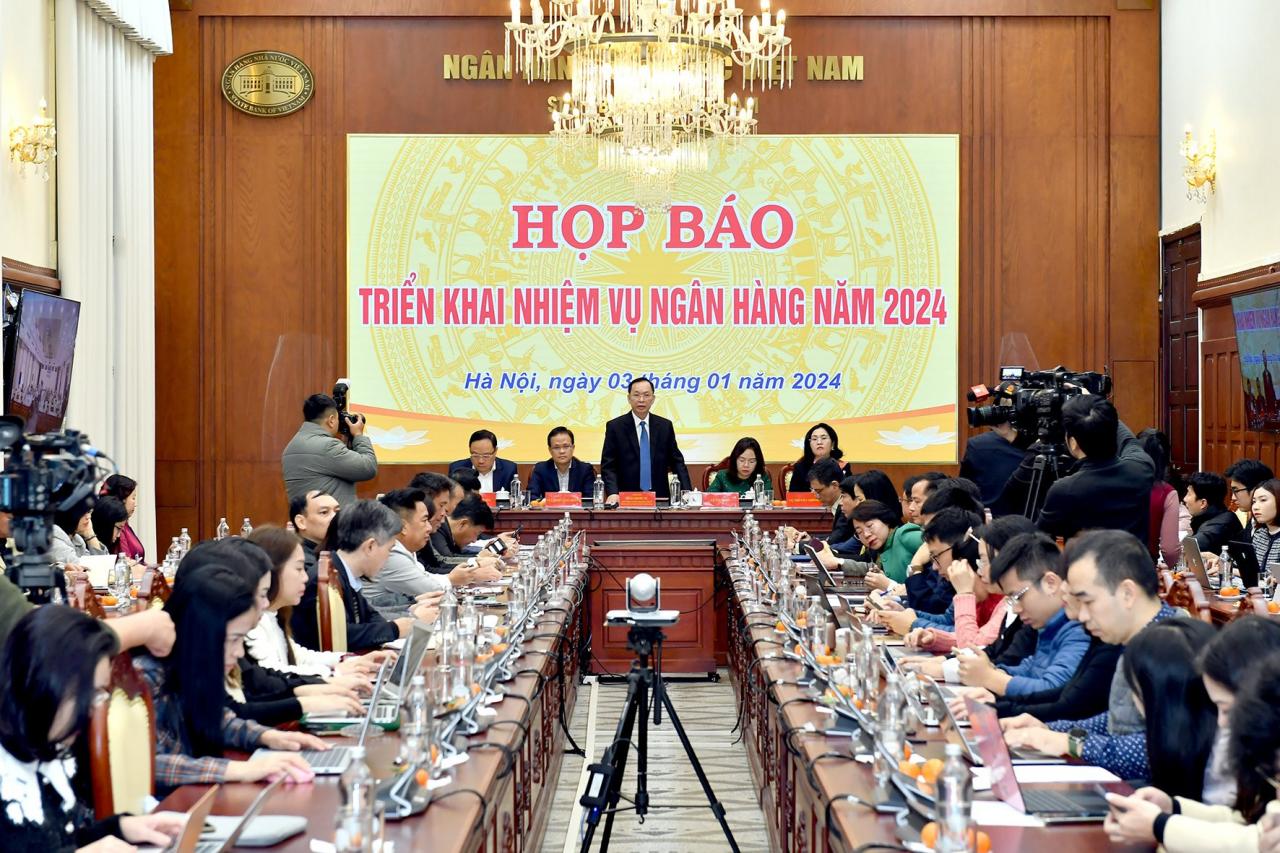
In 2023, the State Bank of Vietnam reduced the operating interest rate four times, creating conditions for credit institutions to reduce lending interest rates. Up to this point, lending interest rates have dropped very low, even for non-priority sectors.
This is the lowest interest rate in the past 20 years in the context of interest rates in early 2023 being a very fierce issue.
“Interest rates have a certain lag, the Government and the State Bank have directed and commercial banks have responded positively to this direction, although banks have the right to lend at higher interest rates,” said Mr. Tu.
In 2023, flexible exchange rates and many credit policy solutions have been implemented synchronously and drastically. Many credit programs have been implemented to contribute to the implementation of national goals.
Faced with economic difficulties, the banking sector has focused on both policy and mechanism to promote the real estate market, especially targeting the real estate segment for low-income people.
Mr. Tu also informed that the 15,000 billion VND credit package to support the consumption of forestry and aquatic products has disbursed 11,000 billion VND, promptly meeting the need for cheap capital for many businesses.
“The State Bank of Vietnam has no restrictions on the agricultural and rural sectors, including interest rates, credit limits, mechanisms and policies. Even now, the highest interest rate is only 4%/year if the right preferential subjects are included,” he said.
Credit in 2024 will increase by 15%
Mr. Dao Minh Tu said that bank interest rates will remain low in 2024. In addition, the State Bank will focus on a number of key orientations and solutions.
Specifically, credit management is proactive, flexible, in line with macroeconomic developments, inflation, meeting capital needs for the economy. The credit growth target for 2024 is about 15%, with adjustments to suit developments and actual situations. Mr. Tu even said it could increase to 16% depending on the actual situation.
The State Bank will also continue to direct credit institutions to direct credit to production and business sectors, priority sectors and growth drivers (investment, consumption, export) according to the Government's policy; strictly control credit to potentially risky sectors. Create favorable conditions for businesses and people to access bank credit capital, remove and promote the expansion of consumer credit in a safe and healthy manner, contributing to limiting "black credit".
Continue to improve the banking legal system to create a synchronous and favorable legal basis for monetary policy management and banking operations. Continue to coordinate with National Assembly agencies to complete the draft Law on Credit Institutions (amended) to submit to the National Assembly at the nearest session.
Regarding the restructuring of 3 “zero-dong” banks and banks under special control, according to the Deputy Governor, these banks are still maintaining stability and are gradually restructuring. The State Bank's viewpoint is to handle the situation step by step to ensure the rights of depositors and ensure the stability of these banks. The State Bank has set a roadmap for 2024 to be more drastic in restructuring these banks.
Source


![[Photo] Magical moment of double five-colored clouds on Ba Den mountain on the day of the Buddha's relic procession](https://vphoto.vietnam.vn/thumb/1200x675/vietnam/resource/IMAGE/2025/5/9/7a710556965c413397f9e38ac9708d2f)
















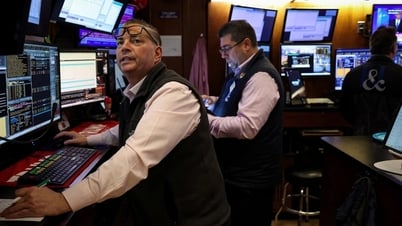
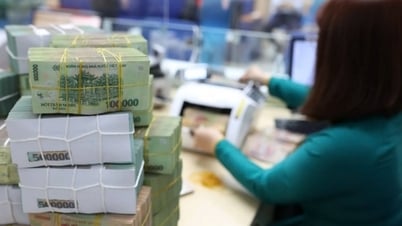
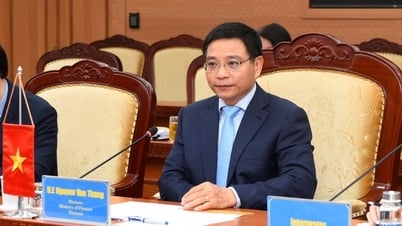
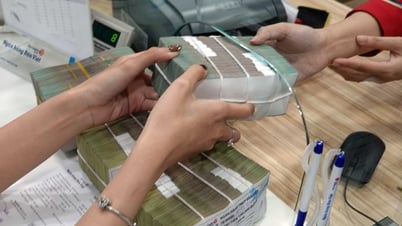













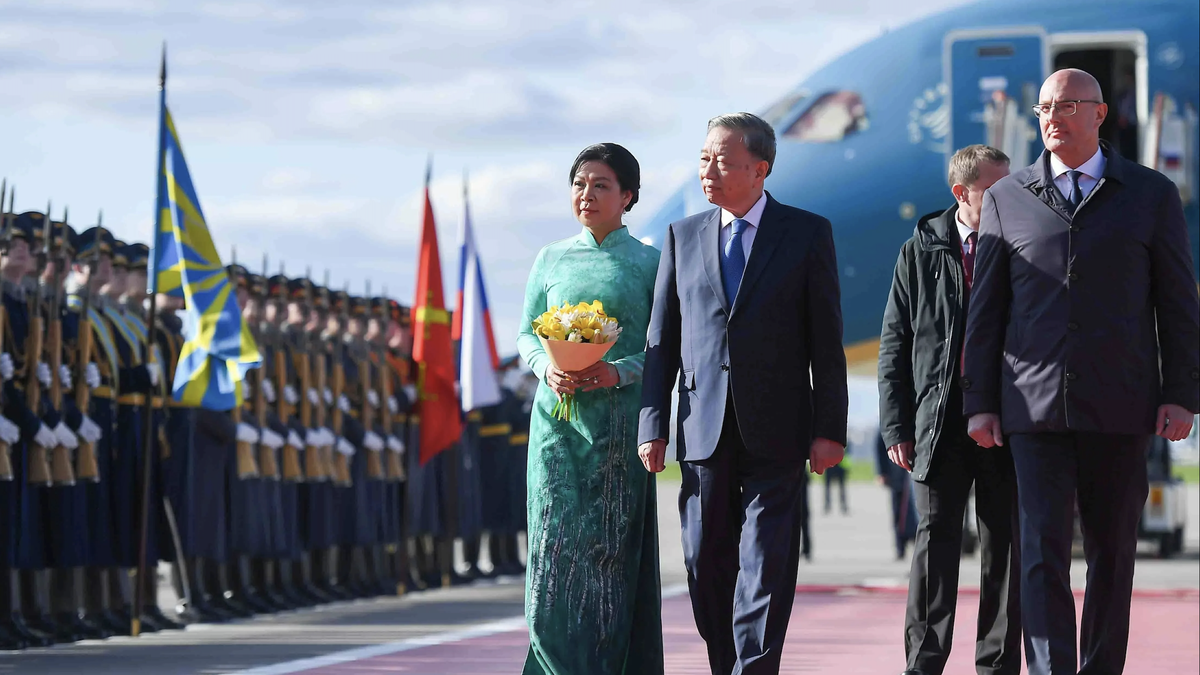
![[Photo] General Secretary To Lam begins official visit to Russia and attends the 80th Anniversary of Victory over Fascism](https://vphoto.vietnam.vn/thumb/1200x675/vietnam/resource/IMAGE/2025/5/8/5d2566d7f67d4a1e9b88bc677831ec9d)





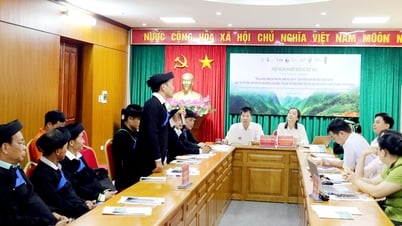




































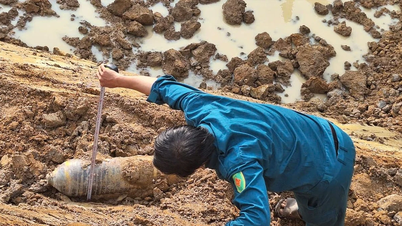






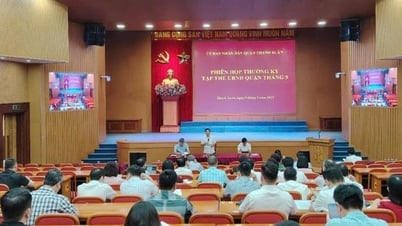













Comment (0)